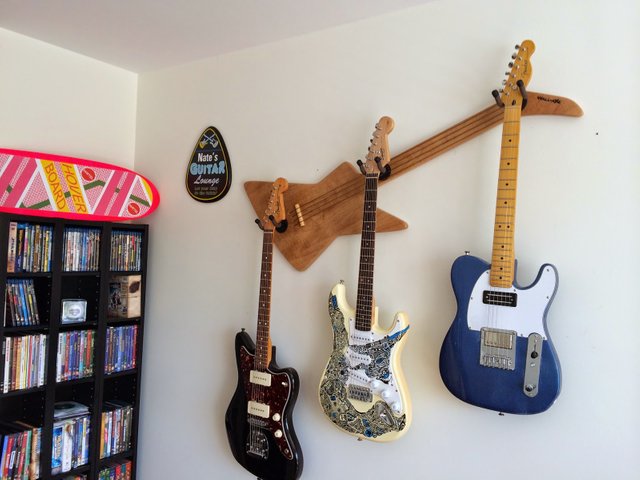Not everyone is blessed with the talent to play musical instruments. Whether you are an award-winning instrument player or have a passion for playing different musical instruments, you know the real importance of storing the instruments in proper storage units. The extraordinary tone that comes out of an instrument can only be maintained if the instrument is stored with care. So, to help you out with storing; here is a musical instrument self-storage guide for you.
Keeping a check on Environmental Factors
 The first thing that must be kept in mind while making a choice about storage units is the environmental conditions such as acute high and low temperature, humidity, as well as dust. The main effect of severe heat and low temperature is on brass instruments as the temperature results in expansion and contraction of instruments, causing deterioration. The wooden instruments are affected by humidity which corrupts and dry them up, causing damage. The dust can easily get accumulated inside the electrical instruments causing hindrance in the proper working. The climatic condition can also cause the skin of the leather drums to dry-out or shrink or even crack. The storage of instruments at a place which is properly controlled for climatic factors can help in the prevention of damage from insects as well as mice. So, a climatically controlled storage facility should be given priority when it comes to storing musical instruments.
The first thing that must be kept in mind while making a choice about storage units is the environmental conditions such as acute high and low temperature, humidity, as well as dust. The main effect of severe heat and low temperature is on brass instruments as the temperature results in expansion and contraction of instruments, causing deterioration. The wooden instruments are affected by humidity which corrupts and dry them up, causing damage. The dust can easily get accumulated inside the electrical instruments causing hindrance in the proper working. The climatic condition can also cause the skin of the leather drums to dry-out or shrink or even crack. The storage of instruments at a place which is properly controlled for climatic factors can help in the prevention of damage from insects as well as mice. So, a climatically controlled storage facility should be given priority when it comes to storing musical instruments.
General Storing Tips
- Always remember that the instruments should be placed in their original cases.
- The cases should be clean and free from any kind of powdering or wear away.
- If the case is eroded or powdered then one should stuff it with buffered as well as acid-free papers.
- The cased instruments should be placed on the topmost shelves, away from the floor, and far from any vents, windows or door openings.
- Taking insurance for the costly musical instruments can also add up to the protection element.
Brass Instruments Storing Tips
- The brass instruments tend to lose their shine and look dull. To renew the appearance, the instrument should be cleaned by a brass polish using a cotton cloth.
- It is better to disassemble the whole instrument while storing.
- The internal tubes of the brass instrument should be properly cleaned using a brush. Cleaning the keys from in-between and underneath, should not be forgotten.
Wooden and Stringed Instruments Storing Tips
These instruments are most likely to dry up and hence following tips should be followed:
- While storing the stringed instruments in a case, the strings should firstly be relaxed and then covered with a clean cotton cloth.
- The wooden instruments should be properly waxed with a wax paste before storing.
- While storing, the instrument should be disassembled and each part of it should be properly cleaned and polished.
- For additional safeguard against humidity, the cased instrument can be placed in a polyethylene bag.
Electrical Instruments and Piano Storing Tips
 These instruments are mostly damaged due to dust particles. Following these tips can help in proper storing:
These instruments are mostly damaged due to dust particles. Following these tips can help in proper storing:
- These instruments should be thoroughly cleaned from a soft cotton cloth (protection from scratches) to remove all the dust particles from its surface and give it a shiny appearance.
- Never put them on the floor, always store them on shelves.
- Put these instruments in a proper case, or cover them with a clean cotton cloth.
- Help can be taken from a professional mover to place heavy and bulky instruments like a piano to avoid any kind of shifting damage.
The different musical instruments need to be stored differently on the basis of their type and the material from which they are made. So, the above-mentioned tips can help in the preparation of instruments for storage.